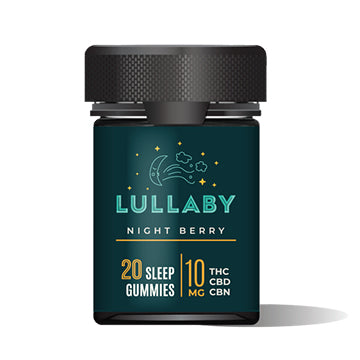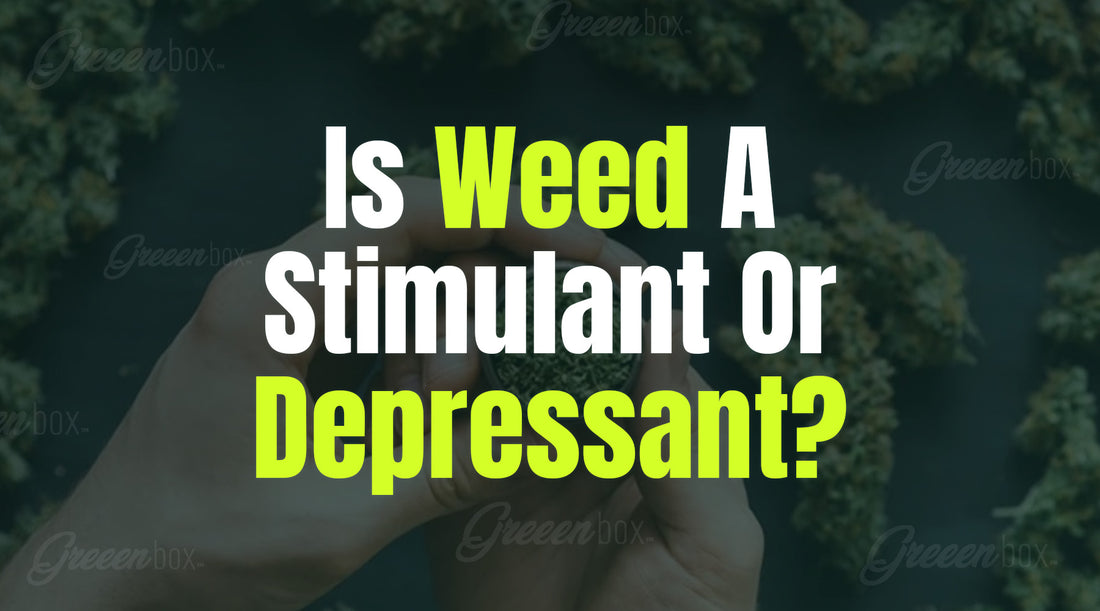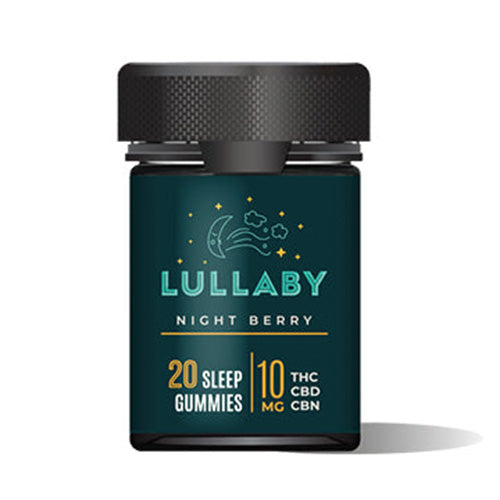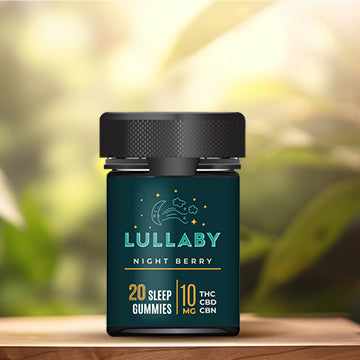You need to be able to understand how various drugs impact your body, especially if you're currently using or contemplating their use. Knowing the potential effects of a drug enables you to identify possible issues more easily and assess risks more accurately.
Although according to National Institute of Health Weed can be classified as a depressant, stimulant, or hallucinogen, depending on the strain, dosage, and user, causing either increased energy or relaxation. However, it's never classified as an opiate.
Understanding drugs is not a guarantee of safety or a justification for their use, it becomes particularly important as marijuana is becoming legalized or partially legalized in many places. Marijuana, also known as weed or pot, is derived from the dried flower, leaves, and seeds of the Cannabis sativa plant. It contains mind-altering substances and serves both medical and recreational purposes in states where it is legally permitted. You can even find weed sub boxes now and with the drug being so accessible, it’s always better to know what it can do.

Flower of the Month Subscription
|

Lullaby Sleep Gummy Night Berry
|

GreeenBox Subscription
|
What Are Major Drug Types?
Drugs are grouped based on their effects and characteristics, generally falling into one of four categories:
- Depressants: These drugs slow down brain function. Examples include alcohol, alprazolam (Xanax), and barbiturates.
- Stimulants: These substances elevate mood, increase alertness, and boost energy levels. They are often highly addictive, leading to paranoia over time. Examples include cocaine, methamphetamine, and prescription medications for ADHD.
- Hallucinogens: This drug category alters reality perception by changing the communication between nerve cells in the brain. Examples include LSD, psilocybin, and MDMA.
- Opiates: Powerful painkillers that rapidly induce euphoria. They are highly addictive and can have lasting effects on the brain. Examples include heroin, morphine, and other prescription painkillers.
Now, where does weed fit into these categories? The answer is not as straightforward as one might expect. The effects can vary significantly from person to person, and different strains and types of weed can produce distinct effects.
Read More: Does Weed Stunt Your Growth?
Read More: How Much Weed Is In A Blunt?
Determining Weed’s Classification: Is It A Stimulant or A Depressant?
Depressants, in a definition, encompass drugs that decelerate the central nervous system, composed solely of the brain and spinal cord. These substances affect neurotransmitter levels, impeding the pace at which messages travel through the nerves.
Various drugs can induce depression in the central nervous system, including benzodiazepines, sleep aids like Ambien, barbiturates, dissociatives, and anti-seizure medications. While depressants can be beneficial when prescribed and used appropriately, misuse can lead to severe complications and risks.
Weed's Impact as a Depressant
This THC drug, while does not belong to the depressant class, can act like one. Weed, casually referred to as ‘downer weed’, mirrors both positive and negative effects, leading to:
- Relaxation
- Sleepiness
- Muscle relaxation
- Short-term memory loss
- Dizziness
So, if in this case, you wonder ‘Is weed a downer or depressant?’, then yes it is. Although depressants are generally considered less addictive than other drug types, certain substances like barbiturates pose a higher risk. Continued use can result in developing tolerance, necessitating increased consumption for desired effects, including with weed.
Dependency on weed may also arise, particularly when relying on it for specific purposes, such as aiding sleep. Getting a weed subscription box can be useful in situations like these as you only get a limited supply until you get your next one.
Weed as a Stimulant
Stimulants, in contrast to depressants, typically boost heart rate and blood pressure, inducing rapid breathing in some individuals. They can enhance mood, especially shortly after ingestion. While depressants often induce feelings of sleepiness or relaxation, stimulants evoke alertness, energy, and an extended attention span.
However, stimulants can also bring about adverse and sometimes hazardous effects, such as:
- Increased body temperature
- Paranoia
- Irregular heartbeat
- Anxiety
- Seizures
- Heart failure
Weed is occasionally categorized as a stimulant due to its potential to trigger elevated moods, a racing heartbeat, anxiety, and paranoia.
Some individuals may experience relaxation and ease, while others may feel highly alert or anxious after use. While weed carries fewer risks compared to many other stimulants, like methamphetamine and cocaine, which are highly addictive with lasting effects on the brain and body, it still poses similar risks whether used as a stimulant or a depressant. Dependence on weed for its mood-elevating effects can develop over time, and smoking more may contribute to respiratory issues.
Weed as a Hallucinogen
Weed is often associated with its perceived hallucinogenic effects, thus also known as trippy weed. However, actual hallucinations are infrequent and not universal among users. Nevertheless, weed symptoms, like time distortion, align with the characteristics of hallucinations.
Hallucinogens are substances that modify your reality perception, inducing changes in sensory perception or triggering visual and auditory hallucinations. It's essential to distinguish hallucinations, which involve false perceptions, from paranoia, commonly linked with stimulants. Hallucinations might lead to seeing a person as an animal, while paranoia involves unfounded suspicions, like thinking someone is following you to cause harm.
Besides hallucinations, hallucinogens may bring about other effects, such as an altered sense of time or space, loss of motor skills control, increased heart rate, nausea, dry mouth, and detachment from self or surroundings. It encompasses these additional effects, leading to its classification as a hallucinogen or a weed psychedelic by many individuals and organizations.
Using hallucinogens over time can result in speech problems, memory loss, anxiety, and depression. The drug doesn't typically lead to psychosis, flashbacks, or hallucinogen-persisting perception disorder, but it may induce anxiety and depression. The fact is, weed can also alleviate these symptoms for some individuals by acting as an antidepressant.
Understanding the Functioning of Cannabinoids
Chemicals exhibiting different effects at varying concentrations are termed biphasic, meaning their actions depend on dosage and other factors.
And weed being one implies that increasing the amount of weed consumed may not result in identical effects as before. The likelihood of reaching the threshold needed to alter the drug's functioning in the system increases with higher concentrations of each cannabinoid.
Get Yourself Greeen Box’s Weed Box Sub
Our subscription boxes, which also include our famous weed mystery box, give you the perfect supply of your recreational or medicinal drug. Nothing too much or too little, just what you need. Subscribe now!
Read More: Does Weed Dehydrate You?
Read More: Can You Smoke Weed Stems?



